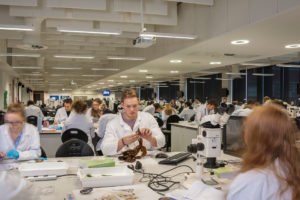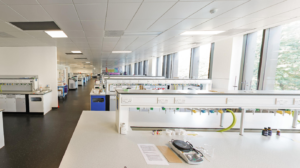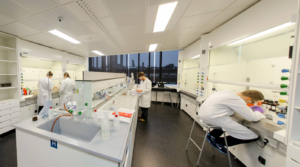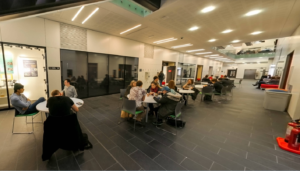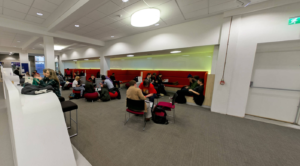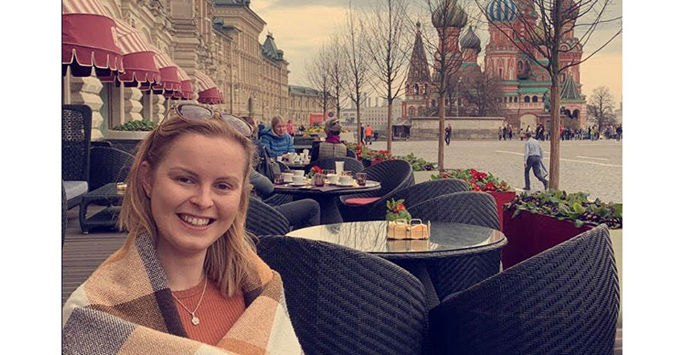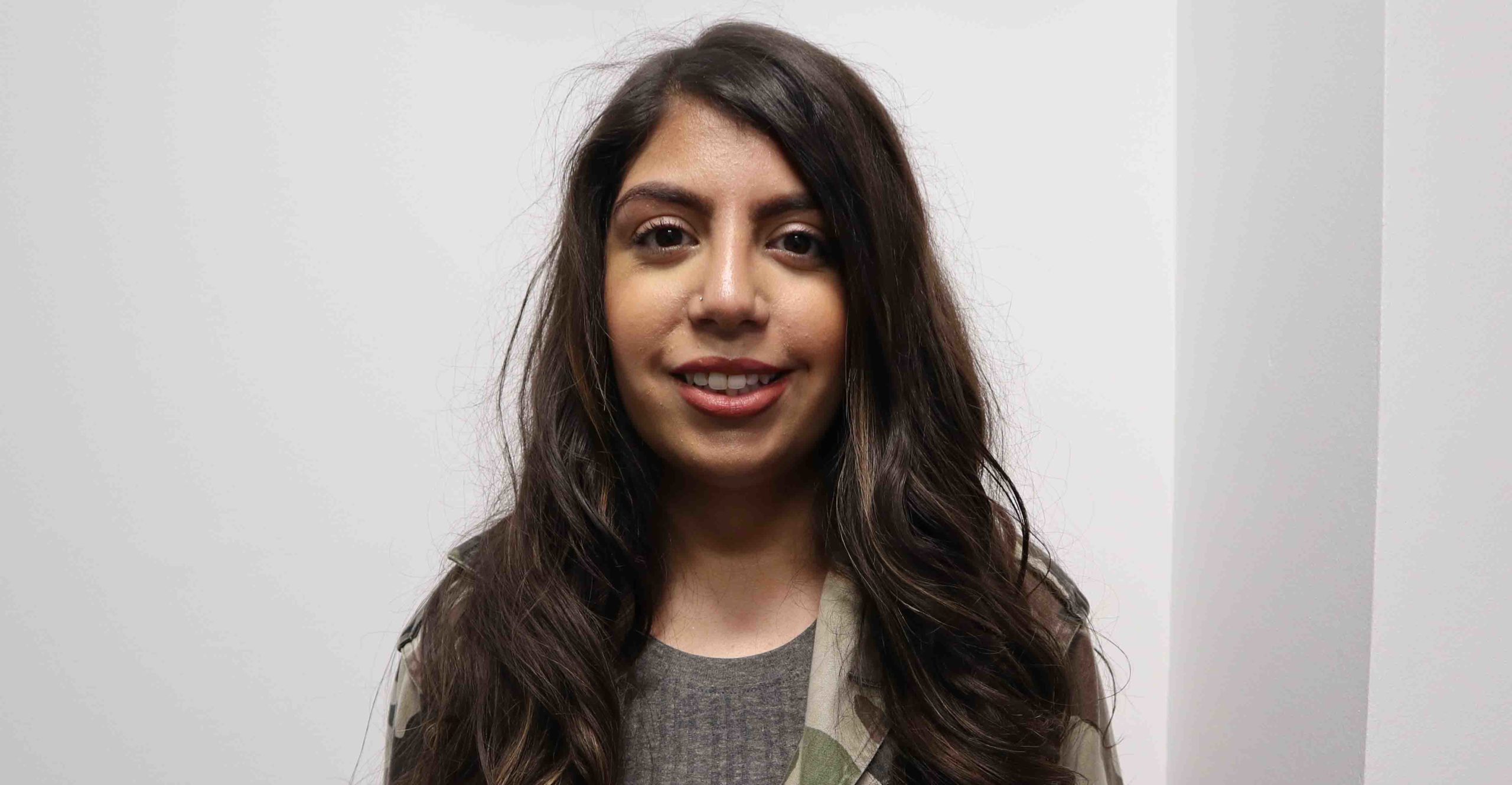How you'll learn
Laboratory classes in years one and two prepare you for independent laboratory work in years three. In year three you will carry out mini research projects, applying learning in computational modelling and molecular visualisation that are introduced in year one.
You will be able to perform your own calculations to underpin final year research projects.
How you're assessed
You are assessed by examination at the end of each semester (January and May/June) and by continuous assessment of laboratory practicals, class tests, workshops, tutorials and assignments.
You have to pass each year of study before you are allowed to progress to the following year. Re-sit opportunities are available in September at the end of years one and two. If you take an industrial placement, a minimum standard of academic performance is required before you are allowed to embark on your placements. All years of study (with the exception of Year One) contribute to the final degree classification.
Liverpool Hallmarks
We have a distinctive approach to education, the Liverpool Curriculum Framework, which focuses on research-connected teaching, active learning, and authentic assessment to ensure our students graduate as digitally fluent and confident global citizens.
The Liverpool Curriculum framework sets out our distinctive approach to education. Our teaching staff support our students to develop academic knowledge, skills, and understanding alongside our graduate attributes:
- Digital fluency
- Confidence
- Global citizenship
Our curriculum is characterised by the three Liverpool Hallmarks:
- Research-connected teaching
- Active learning
- Authentic assessment
All this is underpinned by our core value of inclusivity and commitment to providing a curriculum that is accessible to all students.



